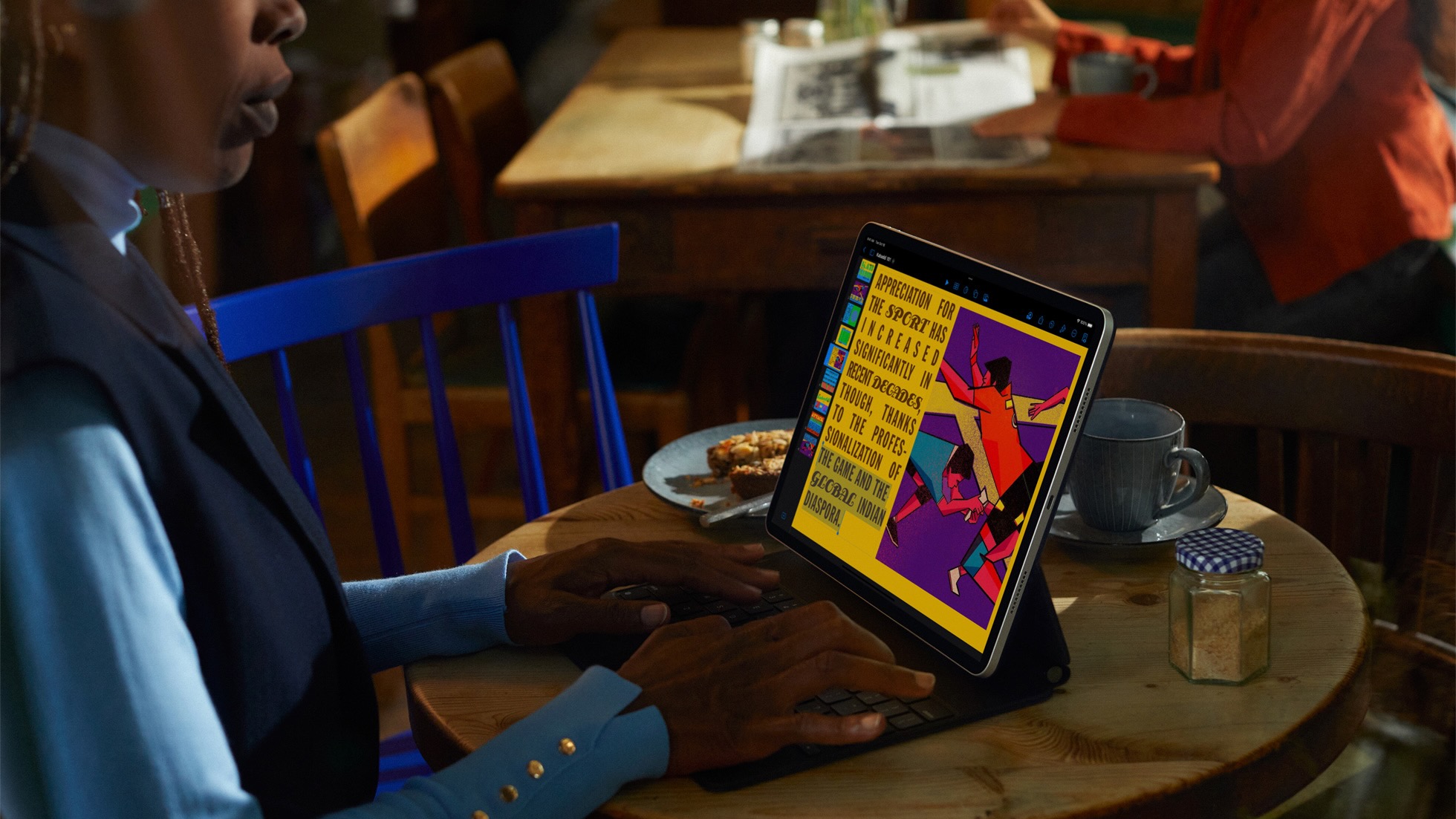macOS coming to iPad Pro? Why I don't believe that for a second
macOS could one day arrive on a tablet-like device; just don't call it an iPad.

An interesting tweet this week suggested Apple might be prepping a macOS version that will run on an iPad Pro. Although the content creator who posted the tweet, Majin Bu, quickly backtracked on his sourcing, the episode does (probably for the millionth time) bring to question whether Apple should eventually offer macOS on at least one iPad.
I'm firmly in the camp that believes one of Apple's top priorities should be to bring macOS to iPad. And yet, I don't think Cupertino will ever do this for various reasons. Nonetheless, there is a middle ground Apple could take that would please everyone.
Continued confusion
Is the iPad Pro a suitable alternative to a Mac, or should the tablet be viewed as only a secondary device for computing work? Apple's answer to this loaded question seems to have changed over the years depending on the latest iPad Pro version. This has led to some ongoing confusion about what type of consumer would most benefit from using one of the expensive tablets.
When Apple introduced the 2015 iPad Pro (9.7-inch and 12.9-inch models), it focused on the tablet's computer-like offerings. By the time the first 11-inch iPad Pro launched three years later alongside the Apple Pencil (1st generation), the tablet was sold much more as a creative device. With its recent iPad Pro offerings, including the 2022 iPad Pro models that arrive in stores on October 26, Apple seems to have pivoted back to the computing angle. However, marketing for the devices continues to push the creativity narrative.
Why macOS should come to iPad Pro
One of the most significant selling points of the 2021 and 2022 iPad Pro models has been their introduction of Apple silicon and the M1 and M2 chips, respectively. These are powerful chips, and the same ones are also available on Macs, including the highly-rated 2022 MacBook Air.
One of Apple's top priorities should be to bring macOS to iPad. And yet, I don't think Cupertino will ever – there is a middle ground Apple could take.
There's no denying an iPad Pro (2022) with M2, compared to the iPad (2022), offers better performance, multitasking, and graphics. And yet, when you look at the iPadOS 16 specs, it's noticeable that few features work exclusively on the iPad Pro.
Initially, Apple said that one of those features, Stage Manager for iPad, needed Apple silicon to work. However, when iPadOS 16.1 and Stage Manager finally get released to the public next week, the feature will now somehow work on other tablets, including the iPad Air 5 (2022), iPad Pro 12.9-inch (5th generation and later), and iPad Pro 11-inch (3rd generation and later). So much for the power of Apple silicon, huh?
Master your iPhone in minutes
iMore offers spot-on advice and guidance from our team of experts, with decades of Apple device experience to lean on. Learn more with iMore!
My point isn't to knock iPadOS or Apple silicon. Instead, it's to point out that no matter how many advances Apple has brought to iPad Pro over the years, the company has never crossed the line where iPadOS and macOS become equal. That decision is no doubt deliberate, and one Apple made long ago when it liked to criticize how Microsoft Windows worked in a touch-based environment. Though technically has made huge advances since then, I don't see a scenario where Apple changes its thinking.
A mobile Mac
I believe the market would embrace an Apple tablet that supports macOS, not iPadOS. For that to happen, however, Apple will almost certainly decide to release a new product that merges the iPad Pro and MacBook, pulling critical aspects of each.
Apple may be already working on that type of product. We noted that the company recently filed another patent for a MacBook-like product that includes a section that's reconfigurable to represent a virtual keyboard, a game controller, or a music/entertainment controller. Perhaps such a product is a hybrid iPad/Mac with a monitor on one side and a digital interface on the other. When positioned like a laptop, the device could act like a MacBook. When both sides are closed, however, it would serve as something closer to an iPad.
But until such a device arrives, don't expect to see macOS on a tablet any time soon. In the meantime, take a look at the best iPads on the market.

Bryan M. Wolfe has written about technology for over a decade on various websites, including TechRadar, AppAdvice, and many more. Before this, he worked in the technology field across different industries, including healthcare and education. He’s currently iMore’s lead on all things Mac and macOS, although he also loves covering iPhone, iPad, and Apple Watch. Bryan enjoys watching his favorite sports teams, traveling, and driving around his teenage daughter to her latest stage show, audition, or school event in his spare time. He also keeps busy walking his black and white cocker spaniel, Izzy, and trying new coffees and liquid grapes.
